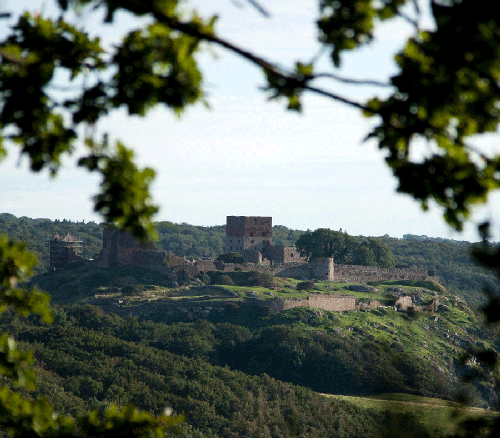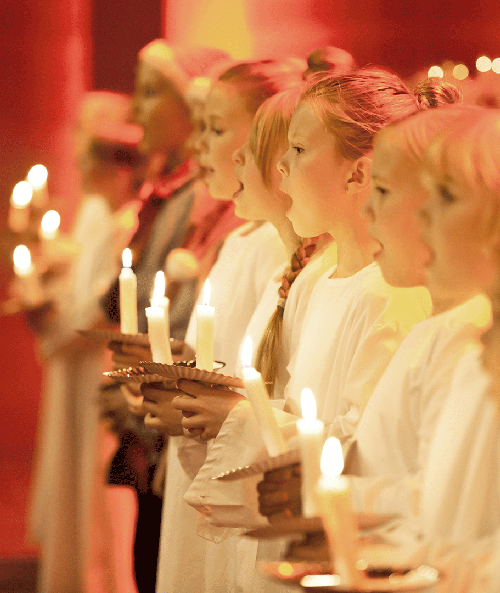Religion and identity
Christianity has shaped Denmark's culture, and the Danish countryside remains dotted with traditional churches. Most Danish cities offer a range of churches that include the Lutheran Evangelical state church as well as Catholic and Pentecostal congregations. However, few Danes go to church on a regular basis. In fact, many go only once a year - usually on Christmas Eve.
Churches are still popular for marking life events, such as baptisms, weddings, and funerals. Many Danes also choose to pay the optional "church tax" required to be able to hold an event in a state church, as well as to support the maintenance of the beautiful church buildings, some dating as far back as the Middle Ages (1100-1200AD).
In many areas, churches also serve as community centres. Groups of new parents meet there with their babies for musical "baby psalm singing", teenagers prepare for their confirmation and plan parties, and older people meet for coffee and cake.
More than 55 % of the priests in the state church are women.
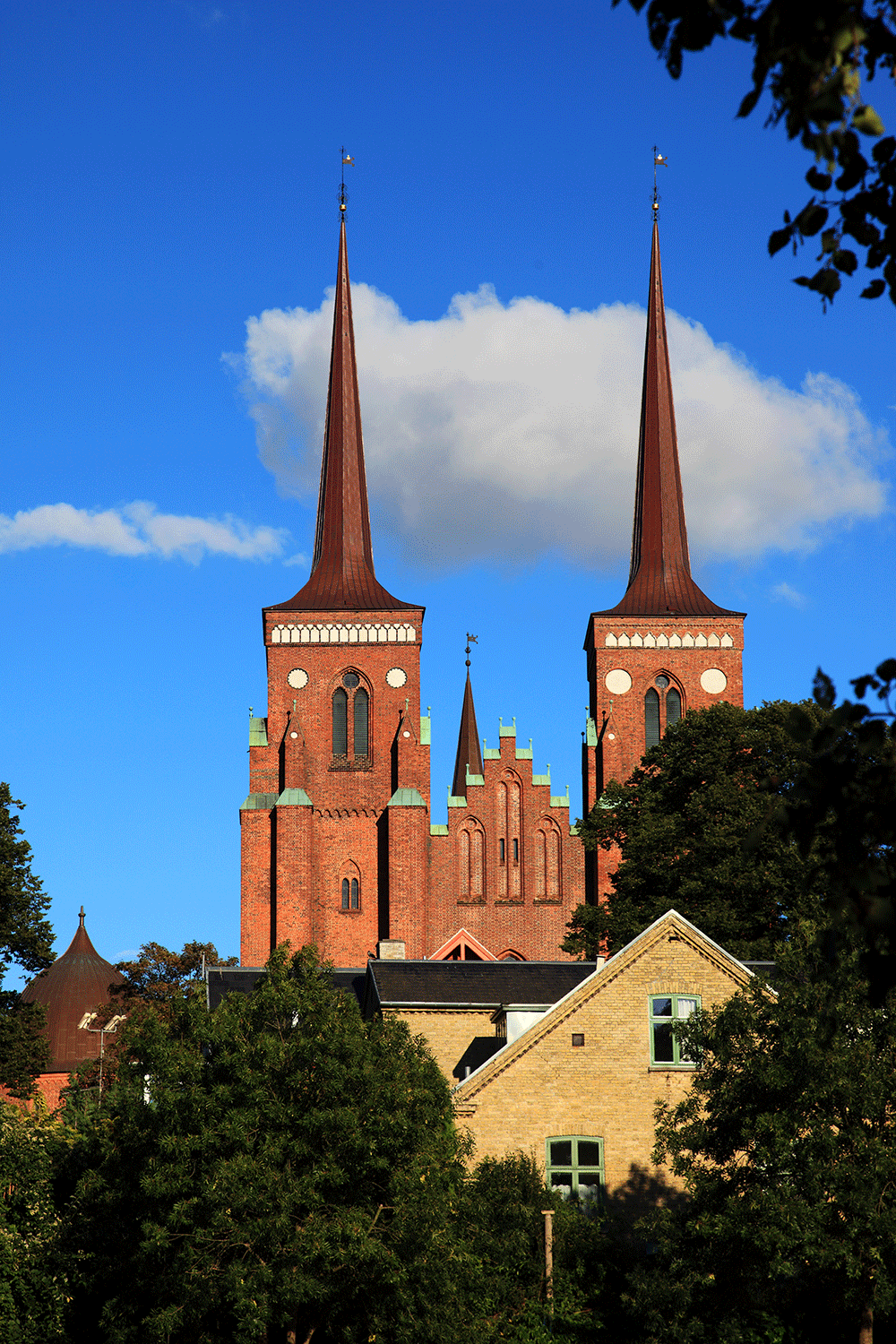
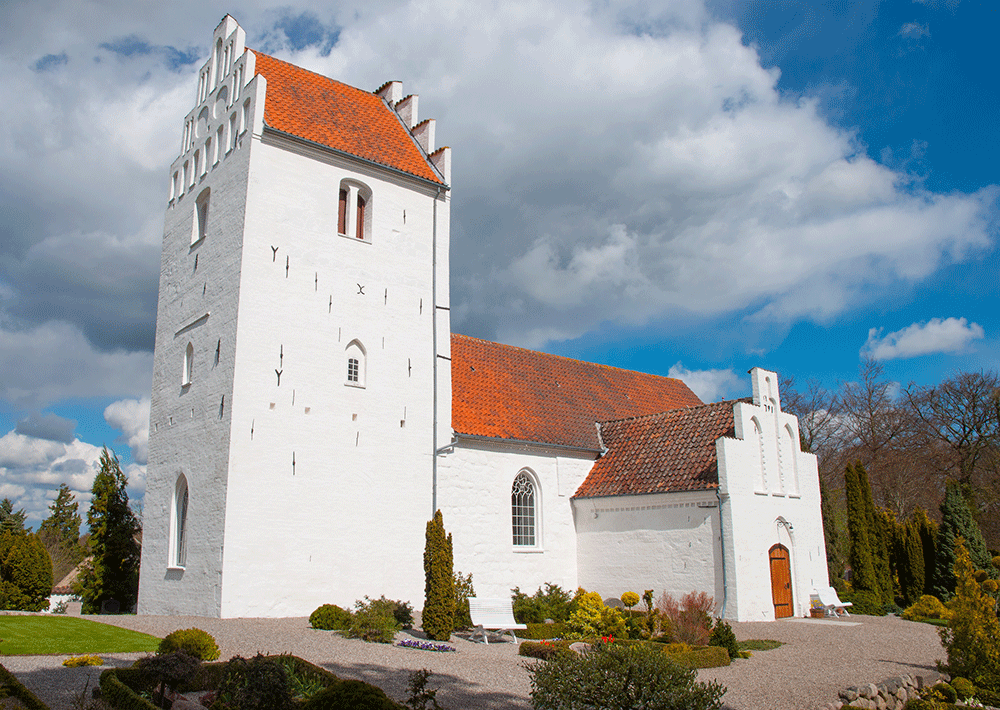
Did you know
The history of Denmark and Christianity
Christianity came to Denmark more than 1000 years ago courtesy the Viking king Harold Bluetooth - better known today for the "Bluetooth" function you may have on your smartphone.
King Harald describes his achievements on the two-metre-tall rune stone - The Jelling Stone - which you can visit in the Danish town of Jelling. On the stone, it says:
"King Harald ordered these kumbls made in memory of Gorm, his father, and in memory of Thyra, his mother; that Harald who won for himself all of Denmark and Norway and made the Danes Christian".
In 1536, the Danish church became Lutheran and was integrated into the state. The Danish monarch is also the official head of the state church.
Today, the Danish government usually includes a "minister for churches", who works to oversee church buildings and keep the rules of the church up to date. Same-sex marriage has been allowed in Danish churches since 2012.
According to Brian Arly Jacobsen, Associate Professor at the University of Copenhagen and an expert on the sociology of religion, Danish Christians generally see religion as a matter of national identity rather than religious identity.
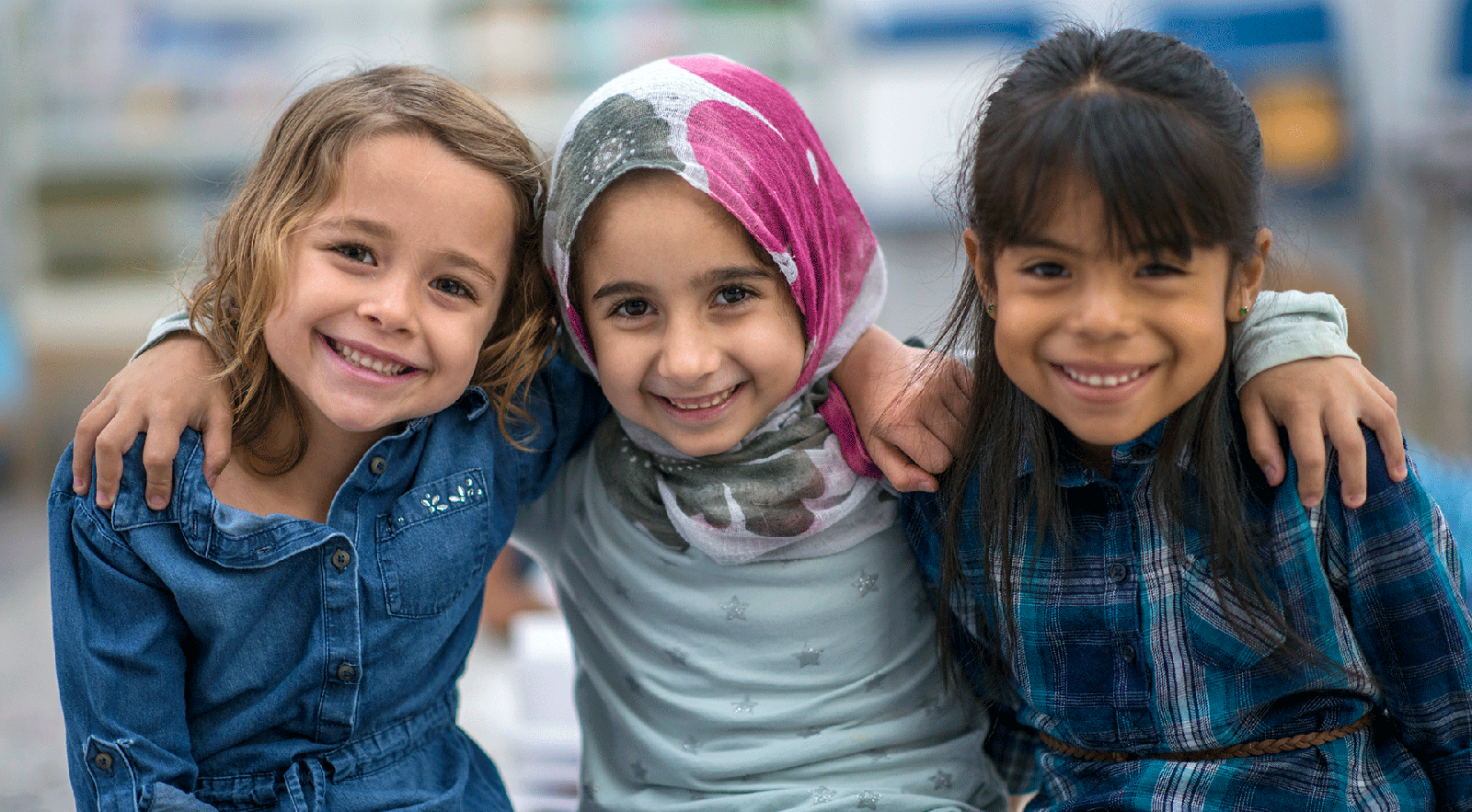
Islam and other non-Christian religions in Denmark
The Danish constitution guarantees freedom of religion and non-Christian religions in Denmark are given the same tax advantages as the state church.
Islam is the largest non-Christian religion in Denmark today. About 270,000 Muslims live in Denmark, mostly in urban areas. There are two grand mosques in Copenhagen and more than 100 mosques throughout the country.
For more than 400 years, Jews have practiced their religion in Denmark. The Great Synagogue of Copenhagen was founded in 1833 and services are still held there.
During the German occupation of Denmark (1940-45), King Christian X paid for many Jews to escape to neutral Sweden. The often-repeated story that the king himself wore a yellow star of David in defiance of the German occupiers is, however, untrue. Today's Jewish community in Denmark is very small.
